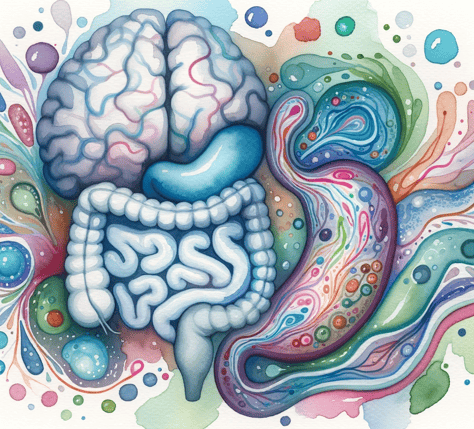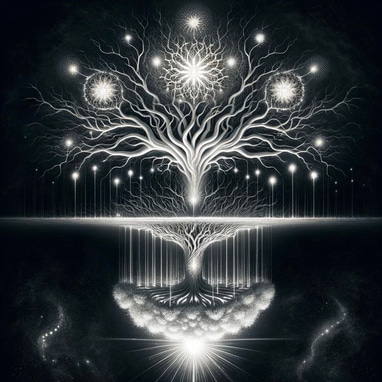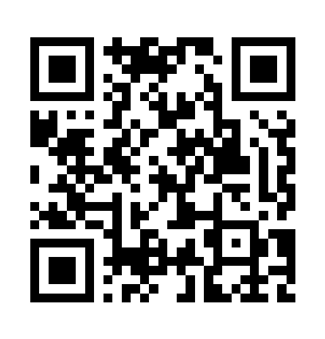Decoding the Placebo Effect: A Comprehensive Systems Research Exploration
Explore the intriguing placebo effect in India, where ancient traditions meet modern medicine. Discover the interplay of genetics, culture, and environment that shapes this phenomenon. Learn how advanced systems research, driven by AI and big data, unveils the secrets behind the placebo effect, promising insights into health, culture, and holistic medicine in India.
SYSTEMS RESEARCH
10/9/20233 min read


Introduction
The placebo effect has remained an enigma within healthcare, representing the staggering power of the human psyche to invoke health enhancements purely based on treatment belief, even devoid of an actual medical intervention. Although this phenomenon is widespread, its manifestations differ across cultures, influenced by local traditions, practices, and holistic health systems. This article delves deeper into understanding the nuances of the placebo responses, encompassing ecological, societal, psychological, genetic, epigenetic, and microbiomic facets. Moreover, the transformative potential of systems research in unearthing these mechanisms is underlined.
The Placebo Paradox: An Enigma in Healing
Research has repeatedly highlighted the significant outcomes in the placebo groups during placebo-controlled trials:
Hróbjartsson et al. (2013) delineated how factors such as extended study durations and superior methodological rigor directly correlate with enhanced placebo responses1.
Bialosky et al. (2020) magnified the influence of contextual effects on the placebo response, asserting the significance of even minor health advancements to patients2.
These investigations underscore the intricate mesh of genetics, psychology, cultural practices, and environmental factors influencing the placebo effect.
Profiling the Placebo Responders: Deciphering the Enigma
Understanding individuals' susceptibility to the placebo effect becomes even more complex in regions where traditional healing methods, like Ayurveda and Homoeopathy, coexist with contemporary medicine. Schienle et al. (2021) postulated that cultural beliefs, rituals, and comprehensive health paradigms might enhance placebo responsiveness3. Expanding this understanding mandates a broad systems research lens.
Ecology, Society, and the Microbiome: Keys to Understanding Health
To decrypt the placebo effect, one must consider the foundational roles of ecological, societal, and psychological dimensions in health. The diverse environmental dynamics, cultural heterogeneity, and socioeconomic strata play pivotal roles in health disparities and placebo sensitivities.
Further, the burgeoning domain of microbiome research sheds light on the profound connections between diets, especially those rich in health-centric spices, and gut microbiota, and their interplay with genetic and epigenetic markers.
From Macro to Micro: Systems Research's Holistic Lens
AI and data analytics are reshaping our ability to discern intricate patterns that sprawl across clinical markers, genetics, cultural dynamics, and more. Deep learning and neural networks are particularly adept at analyzing expansive and diverse datasets, including those from placebo-controlled studies. By pinpointing the overlaps and intersections of various cultural, psychological factors, and systems of medicine like Ayurveda and Homoeopathy, AI can illuminate hidden patterns that traditional methods might overlook.
Culinary Alchemy: Spices, Culture, and Health
Global culinary traditions and their inherent influence on health cannot be sidelined. Ingredients pivotal to many cuisines, including turmeric, ginger, and garlic—integral not only to traditional dishes but also medicinal practices—may play a defining role in health dynamics, encompassing the placebo effect.
Revolutionizing Public Health Perspectives
Systems research insights on the placebo effect can restructure public health paradigms, establishing the foundation for evidence-backed policies, integrative health methodologies, and customized medical approaches. The intricate overlaps of various factors in health, coupled with the potential effects of these overlaps, necessitate a detailed examination for their real-world clinical application. Thus, the exploration promises to shed light on the placebo phenomenon, offering unparalleled insights into the labyrinthine interconnections of health, culture, and environment.
In conclusion, the placebo effect offers an invaluable lens to navigate the intricate mosaic of health, culture, and environment. This exploration holds profound relevance, resonating deeply with both the scientific community and the broader populace, emphasizing the importance of interdisciplinary research to enhance healthcare outcomes.
Hróbjartsson, A., Gøtzsche, P. C., & Jørgensen, K. J. (2013). Placebo interventions for all clinical conditions. BMC Medical Research Methodology, 13(1), 39. https://www.ncbi.nlm.nih.gov/pmc/articles/PMC3601706/ ↩
Bialosky, J. E., Bishop, M. D., Penza, C. W., & Beneciuk, J. M. (2020). Placebo response to manual therapy: something out of nothing? Trials, 21(1), 258. https://trialsjournal.biomedcentral.com/articles/10.1186/s13063-021-05454-8 ↩
Schienle, Anne, et al. (2021). Placebo Effects in the Context of Religious Beliefs and Practices: A Resting-State Functional Connectivity Study. *Frontiers in Behavioral Neuroscience, ↩
Decoding the Placebo Effect: A Comprehensive Systems Research Exploration






